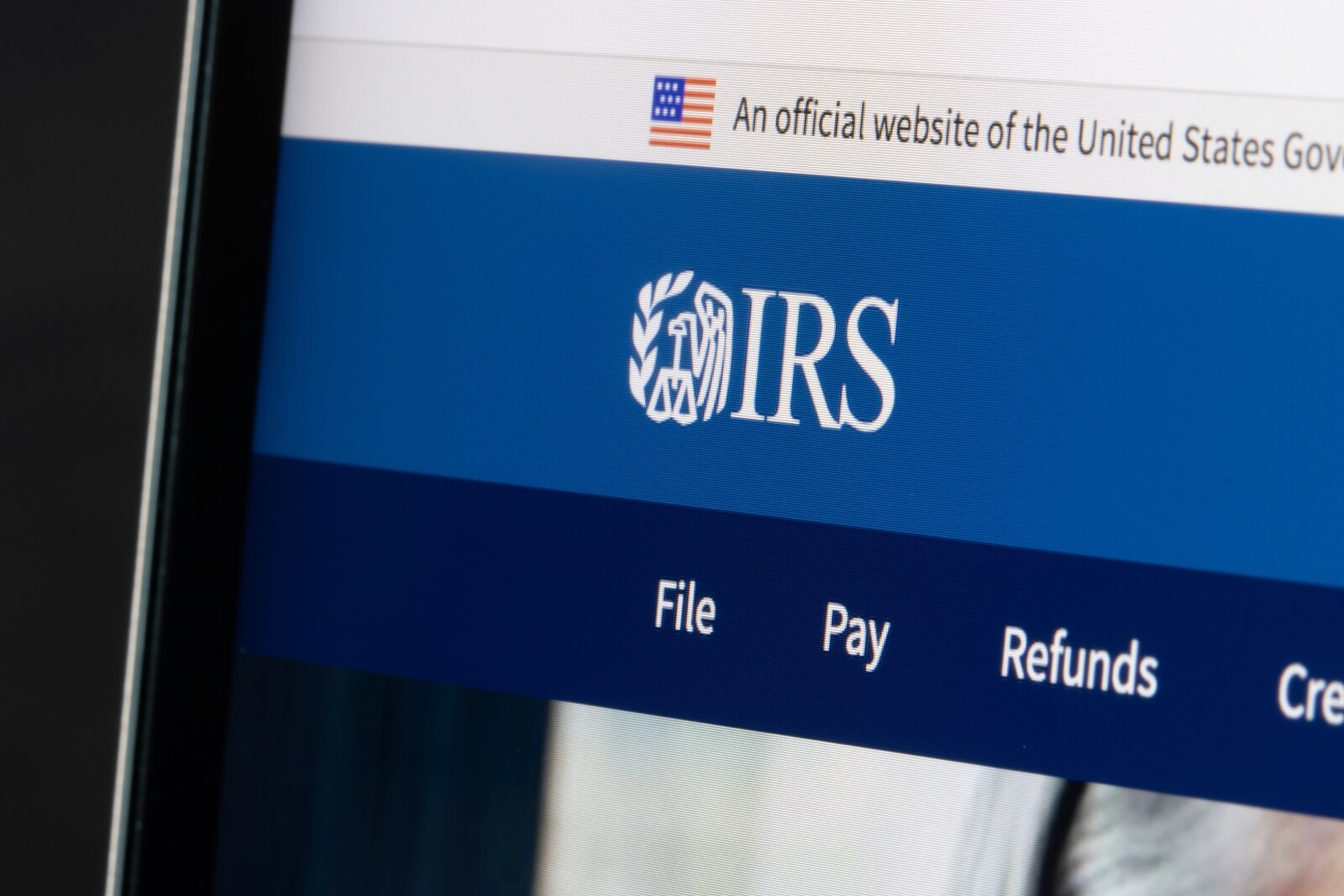Published Aug. 08, 2025 01:24AM EDT
Missed the Tax Deadline? What to Do
Missed a tax deadline for your individual or business? Life is busy, and necessary documents can be difficult to find. If you see this coming before the relevant deadline—April 15 for individuals and most C Corporations; March 15 for multi-member LLCs and most S Corporations—file an extension. Extensions do not extend the time to pay any taxes owed. But they do extend the time allowed for filing the relevant forms and paperwork.
But if those deadlines have passed, we’ll outline here the next steps for missing tax deadlines for individuals. It is not an insurmountable problem. But it does get worse the longer you wait. So take action to minimize the penalties and risks.
When a Refund Is Expected
First, the good news. If you do not owe the IRS any money, then there is little consequence to missing the tax deadline. The most practical downside is that you will not receive any refund that is owed. You have three years to claim any refunds. So the urgency to file is driven by how much you do not mind the IRS holding your money!
The Penalties for Missed Tax Deadlines
If you do owe the IRS money, however, the agency will charge penalties and interest on the amount owed. The IRS imposes two penalties. The first is the failure to file penalty, which is 5 percent of the tax owed per month or partial month. Moreover, if the return is not filed within 60 days of the due date, there is a minimum failure to file penalty. This is the lesser of (a) 100 percent of what is owed or (b) $510 (for 2025 and is adjusted for inflation every year).
The second penalty is the failure to pay penalty, which is 0.5 percent of the tax owed per month or partial month.
Both penalties are capped such that, combined, they will never be greater than 25 percent of the taxes owed. Interest fees, however, are not capped and are added on top of these two penalties. Interest accrues daily based on a variable, annualized interest rate set every quarter, which has ranged between 7 and 8 percent in 2023 and 2024.
The Next Steps for Missed Tax Deadlines
The first action to take when you’ve missed the deadline is to pay what you can of the amount you owe. This will eliminate or reduce the interest accrual. You do not need to file a return to make a payment. Go to the IRS’s payment page (link). This page will give you the option to make a payment for the prior tax year.
Next, prepare and file your return—ideally within 60 days. If you can submit within 60 days, you will avoid imposition of the failure to file penalty minimum described above.
Do not let an inability to pay the amount owed stop you from filing. Filing is the first step to taking advantage of the IRS’s programs that allow for payment over time. The primary effect of not continuing to file is making the amount owed greater.
Penalty Abatement and Payment Plans
Finally, once the return is filed, see if you qualify for penalty abatement. If this is the first time you have missed the tax deadline, you likely qualify for the first-time penalty abatement program that waives some penalties (but not the interest). If this is not the first time, then you may still qualify if you had good cause for missing the deadline.
Also, as mentioned above, filing the return allows you to engage with the IRS on a payment plan. This will generally stop or reduce the accrual of penalties and spread the payments out. Additionally, if you meet certain requirements, you may be able to make an offer in compromise in which you pay something less than what is owed.
Mid-Atlantic Law & Tax PLLC assists clients in filing returns, managing missed deadlines, and negotiating taxes owed every day. Do not let the foreboding feeling of dealing with the IRS over a missed tax deadline stop you from reaching out to us! We will take your matter and the burden of working with the IRS off your hands to resolve any issues as quickly and professionally as possible.





